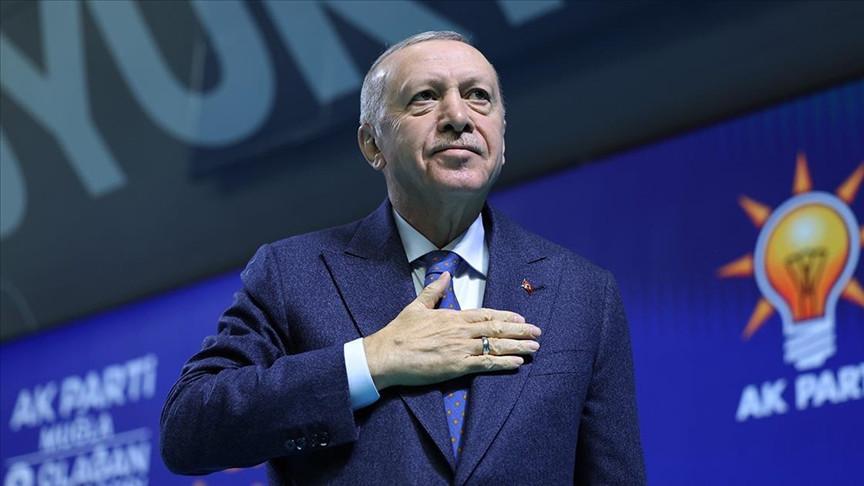The backstage of the Biden crisis
U.S. Vice President Joe Biden is known as a tactless figure in the U.S. press. But not even his telephone apology to Turkish President Recep Tayyip Erdoğan will change the historic nature of his speech at Harvard University.
The story started after Biden finished his written speech at 19.20 p.m. U.S. time. He took the microphone, left the stand and detonated the bomb once the students started asking questions. In response to one student’s question that accused the Obama administration of being late in Syria, Biden acted as a typical domestic politician and blamed others.
His words regarding Turkey, which will be recalled by everyone who analyzes the Syrian issue, came next. "They were so determined to take down Assad, and essentially have a proxy Sunni-Shia war. What did they do? They poured hundreds of millions of dollars, and tens -- thousands of tons of weapons into anyone who would fight against Assad. Except that the people who were being supplied were Al Nusra and Al Qaeda and the extremist elements of jihadis coming from other parts of the world,” he said.
Actually, this is rather contradictory.
Retired general John Allen and Brett McGurk, appointed by Washington as special envoys in the anti–ISIL global coalition, were expected to come to Ankara this week to request Ankara’s permission to use İncirlik basis in the anti-ISIL operation. However, a few days prior to that visit, the U.S. administration’s number two got up and said words to the effect of “the ISIL trouble is caused by Turks.”
The White House immediately realized how this situation could lead to a big crisis. On Friday night, Hürriyet published the article about Biden’s speech. Within one hour, Saturday morning at 02.45 a.m. Turkey time, I received an email from the White House spokesperson’s office, saying they saw the article on the Hürriyet Daily News website. The spokesperson also transmitted a statement underlining Biden’s admiration for Erdoğan. This was an attempt at damage control.
There is another detail that renders Biden’s words more critical. The vice president spoke at Harvard on Thursday night. A day later, Erdoğan and Biden had spoken on the phone as a continuation of their meeting on Sept. 25 in New York.
The information brief about that phone conversation came from the White House on Friday at 21.45 p.m. Turkey time. “The two leaders talked about the U.S. and Turkey working together to eradicate ISIL and reestablishing security and stability in in the region,” it said, making no reference to Harvard.
The fact that Biden called Erdoğan as if nothing had happened after he made that speech on Thursday night is another point worth thinking about.
I asked the White House whether Biden had said anything about his words at Harvard to Erdoğan during the Friday telephone conversation. The White House made no comment. But the situation got clearer on Saturday, when Erdoğan said, “Biden will be history to me if he used these words.”
The president was not informed about the speech at Harvard in the 12 hours after that speech was given. Erdoğan did not know about Biden’s speech during the telephone conversation they had.
When it comes to the U.S. vice president apologizing to Turkey’s president, this was really not surprising. Especially as it comes before a critical week of negotiations between Turkey and the U.S.
Meanwhile, following Erdoğan’s recent words targeting The New York Times two weeks ago, Assistant Secretary of U.S. State Department for Public Affairs Doug Frantz had posted a Twitter message, saying “Turkish authorities and media should immediately stop trying to intimidate NYT. It's dangerous and undemocratic.”
I learned from a high level American official that this created havoc inside the State Department, with a number of high level officials in the building reacting strongly against the message, which came in the midst of negotiations with Turkey. An U.S. administration that cannot even tolerate a Twitter message; why wouldn’t it make Biden apologize?











